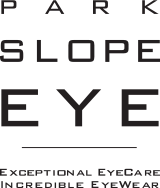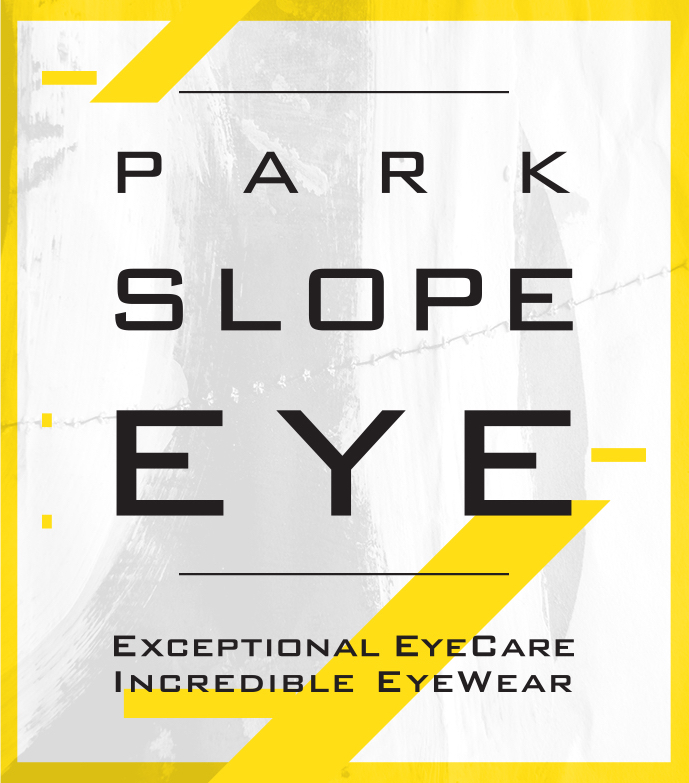Age-related macular degeneration (AMD) causes blurred central vision, making activities that involve looking straight ahead like reading or driving very difficult. AMD is an increasingly common condition, affecting over 1.5 million Americans.

In observance of AMD-Awareness Month this February, your trusted eye doctor at Park Slope Eye sheds light on this degenerative condition and the treatment options we offer.
Risk Factors
The number one risk factor for AMD is age, with people over the age of 60 at an increased risk of developing the condition. Additional risk factors include:
-
Smoking
-
Poor diet
-
High cholesterol levels
-
Lack of exercise
Diagnosis
AMD can be detected early with regular eye checkups. A comprehensive dilated eye exam will help determine whether your macula (the seeing part of your eye) is showing signs of degeneration. Other tests such as a visual acuity test, an angiogram or an optical coherence tomography will also help your doctor detect the development of AMD.
Treatment
AMD is not untreatable. Early symptoms may be delayed with proper diet and exercise and avoiding smoking. Intermediate and late-stage AMD can be addressed with nutritional supplements to help your eyes recover from the disease. Additionally, vision therapy can help slow the progression of the condition.
The following supplements may decrease the degenerative effects of AMD:
-
Vitamin C
-
Vitamin E
-
Zinc
-
Copper
-
Lutein
-
Zeaxanthin or omega-three fatty acids
AMD doesn’t have to hamper your vision. With proper treatment, a healthy diet, exercise and prescription glasses or contact lenses, the effects of this condition can be managed. Consult our eye doctors at Park Slope Eye to determine a course of action if you are showing signs of AMD. Schedule an appointment today by filling out our contact form here. We serve Park Slope and nearby areas in Brooklyn, NY.








